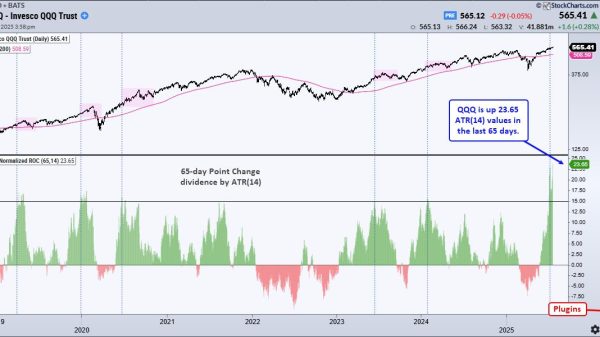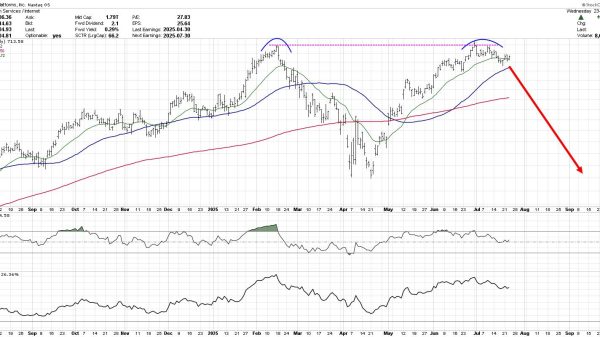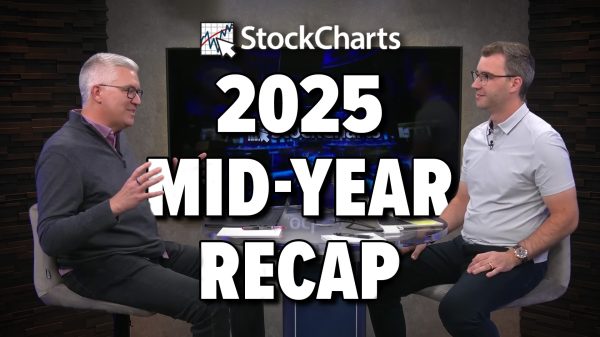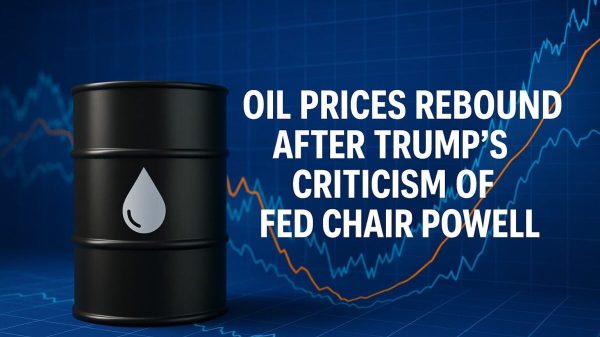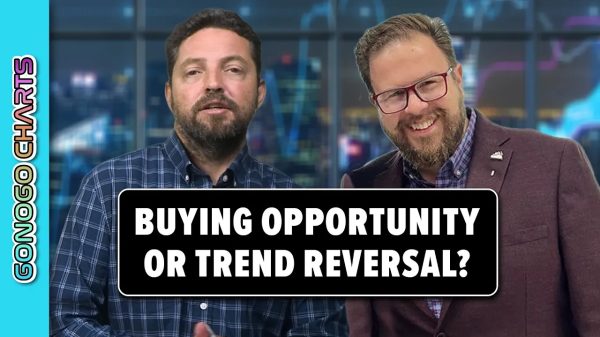
With interest rate cuts from the Federal Reserve on the horizon, it could be a good time to shift cash, experts say.
Traders expect a rate cut in September, according to the CME FedWatch Tool, which could lower the target range for the federal funds rate by a quarter percentage point or more.
Meanwhile, many investors are sitting on hefty cash allocations, including trillions in money market funds, which are generally still paying above 5%.
After a series of rate hikes, investors piled into money market funds, which typically invest in shorter-term, lower-credit-risk debt, such as Treasury bills.
Total U.S. money market funds hovered near a record of $6.15 trillion as of July 17, with $2.48 trillion in funds for retail investors, according to Investment Company Institute data.
However, money market fund yields will likely fall if the Fed starts cutting rates in September, explained Ken Tumin, founder and editor of DepositAccounts.
“Most [money market funds] seem to closely follow the federal funds rate,” he said.
Next week’s Fed meeting could signal whether a September rate cut will happen. But banks typically start slashing rates for high-yield savings accounts and certificates of deposits ahead of Fed rate cuts, Tumin said.
“CD rates will likely fall pretty quickly once it becomes clear that the Fed is on the verge of cutting,” he said.
As of July 25, the top 1% average rate for high-yield savings accounts was hovering below 5%, while the top 1% for one-year CDs was around 5.5%, according to DepositAccounts.
CD rates will likely fall pretty quickly once it becomes clear that the Fed is on the verge of cutting.
It is a great time to “lock in rates” for a 9-month or one-year CD, said certified financial planner Ted Jenkin, CEO and founder of oXYGen Financial in Atlanta. Jenkin is a member of CNBC’s Financial Advisor Council.
When building a bond portfolio, advisors consider duration, which measures a bond’s sensitivity to interest rate changes. Expressed in years, the duration formula includes the coupon, time to maturity and yield paid through the term.
Some experts suggest shifts from money market funds to longer-duration bonds for longer-term investments, which could pay off once interest rates fall.
Bond prices typically rise as interest rates fall, whereas money market fund investors can expect lower yields without price appreciation.
While it is difficult to predict Fed policy, bonds could see “a healthy lift” if the Fed cuts interest rates by a full percentage point over the next year, Jenkin said.
Like any investment, the best place for cash ultimately depends on your goals, risk tolerance and timeline.






